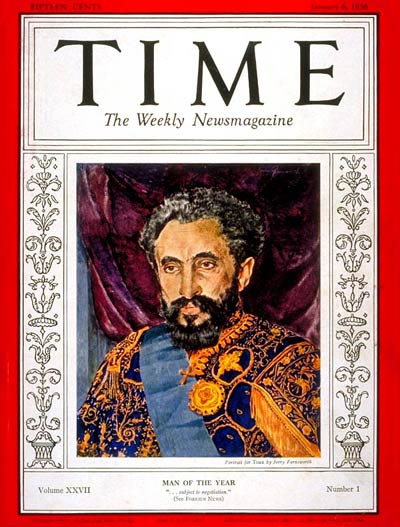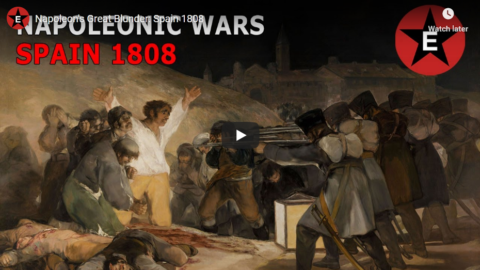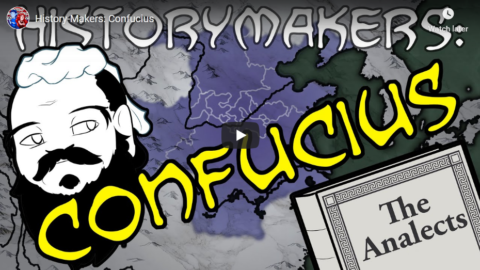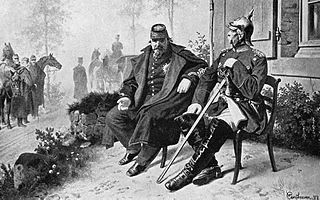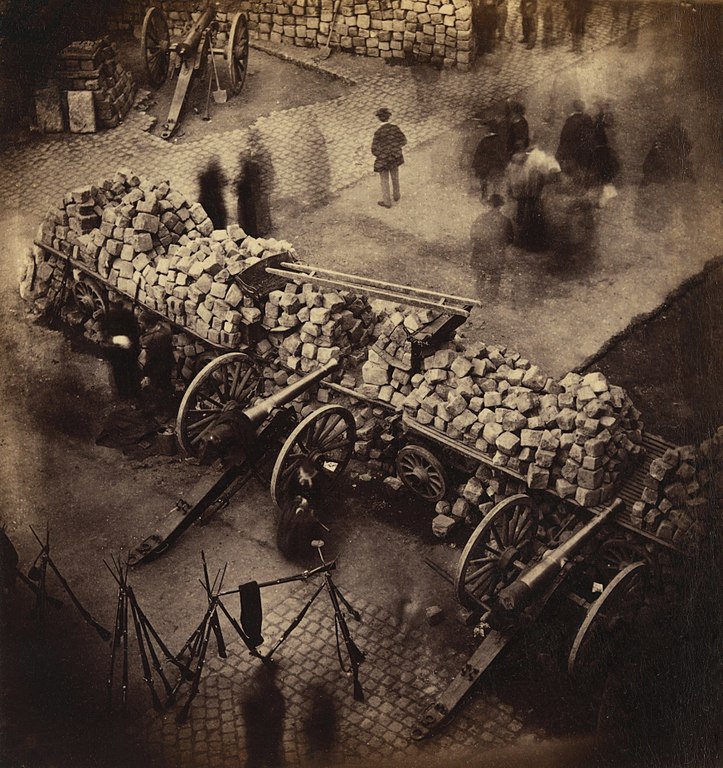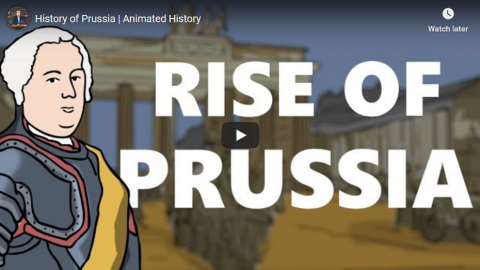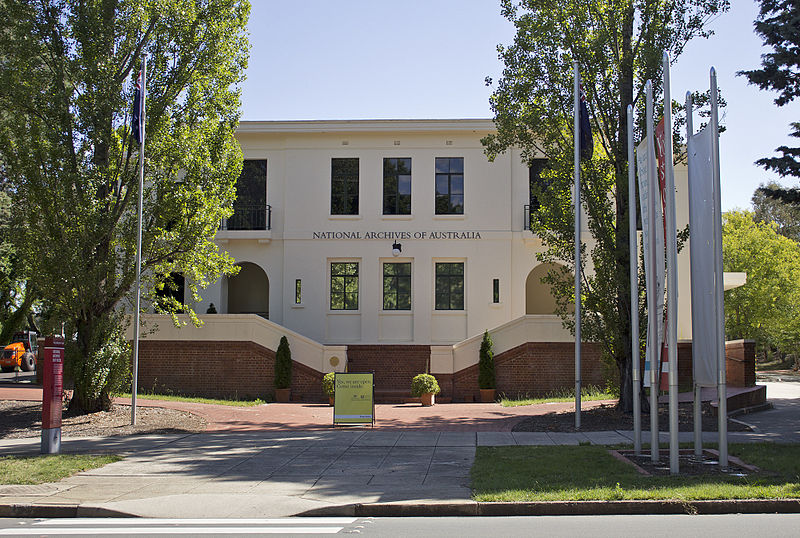Nigel Jones on the long history of struggle between British puritans and libertarians:
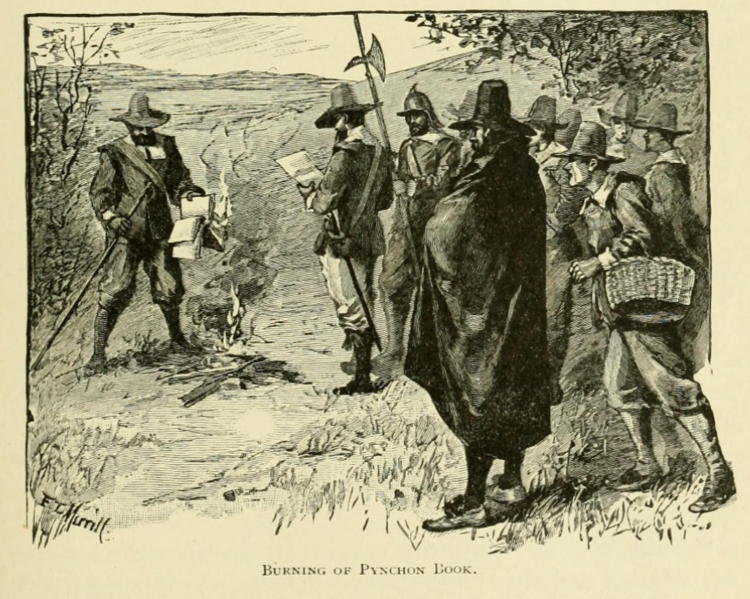
Portrayal of the burning of copies of William Pynchon’s book The Meritous Price of Our Redemption by early colonists of the Massachusetts Bay Colony, who saw his book as heresy; it was the first-ever banned book in the New World and only 4 original copies are known to survive today.
Engraving by F.T. Merrill in The History of Springfield for the Young by Charles Barrows, 1921.
Behind the wave of Wokeism that has swept and is now swamping Anglo-American Culture, is a pattern that has recurred throughout British History since the early 17th century. This is the pendulum that regularly swings between periods of joyful Libertarianism and purse lipped Puritanism.
Puritanism takes its name from the Calvinist religious movement that arose during the Protestant Reformation, partly in reaction to the explosive cultural Renaissance of the Elizabethan era – the age of Shakespeare, Marlowe, Ralegh and John Donne.
The Puritans exported their austere doctrines to America aboard the Mayflower, where they eventually became one of the building blocks of the USA, and briefly achieved political power in England after the Civil War in the forbidding guise of Oliver Cromwell’s Commonwealth.
We all have a mental picture of the Puritans in action. Sombrely dressed in black and grey, smashing the statues of saints, preaching their varied versions of the scriptures, and policing and banning anything when they suspected people of enjoying themselves, from Christmas festivities, to theatres, to fornicating for pleasure rather than reproduction. The Puritans endeavoured to dictate what people could think, speak and write. If this rings any bells with Wokeism, that is surely not coincidental.
There was an inevitable vengeful reaction to this po-faced culture of control and repression, and it soon came with the Restoration of the monarchy in 1660. King Charles II exemplified in his own libidinous person, with his myriad mistresses and tribe of illegitimate children, the loose culture of license that spread out from his court like a stain. This was the easy going Age of Lord Rochester and Nell Gwynn, so disapprovingly, if hypocritically, frowned on in the diaries of Samuel Pepys and John Evelyn. More darkly, the Puritan Regicides who had beheaded Charles’s father were hung, drawn and quartered along with Cromwell’s exhumed corpse.
The Libertarianism ushered in by the Restoration had a much longer run than the initial rule of Puritanism had enjoyed. It lasted through the Georgian Age of the 18th century, culminating in the decadence of the Regency bucks and Queen Victoria’s “wicked uncles”. Puritanism made its comeback with the accession of Victoria herself, with her eponymous reign infamous for its crinolines, covered piano legs, cruel persecution of that supreme Libertarian Oscar Wilde, and its massive hypocrisy – a constant adjunct of Puritanism when it comes up against the incontrovertible facts of life and human nature.
Neatly coinciding with the reign of Victoria’s despised eldest son, Libertarianism returned in the portly shape of Edward VII in the opening decade of the 20th century to which he gave his name. As during the Restoration, the ruling elite again set the tone of the Edwardian era with their shooting and hunting, their discreet adultery at country house weekends, and their lavish clubs and parties.


